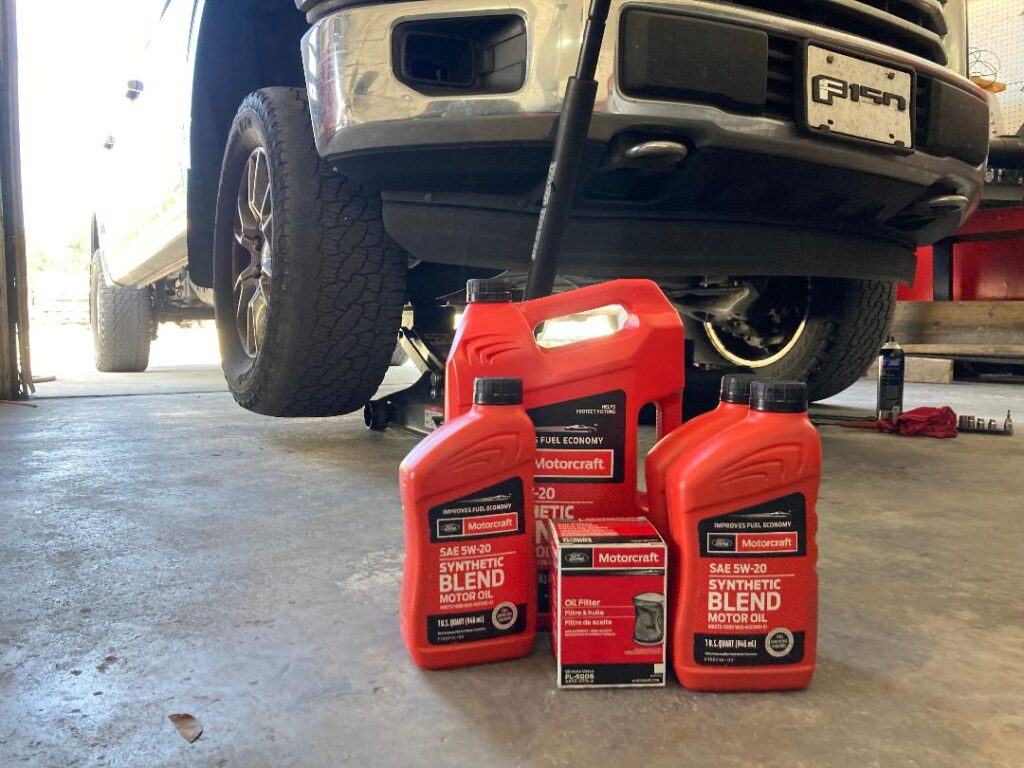
What’s the first thing that comes in mind when you think of vehicle maintenance? If you are thinking “get my oil changed” then you are in line with the majority of drivers on the road. The majority of vehicles on the road still have a combustion engine whether it be gasoline and diesel or hybrid.
In this post we aim to provide you with some useful information that will help you be a more informed consumer. As a shop we get a lot of questions pertaining to vehicle maintenance, we will tell you some do’s and don’ts.
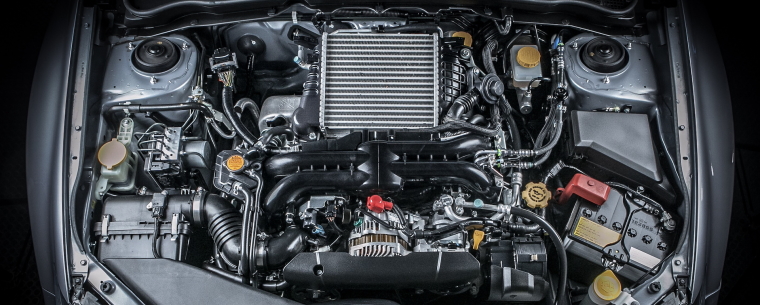
To find this information you can;
The next question is do you use conventional oil, synthetic, or synthetic blend? And before you say “it’s just oil” think again! All oils are not made the same. Conventional oil was the standard for many years until things like variable valve timing and oil controlled engines. Conventional oil flows slower than synthetic oils and is thicker as well. As refined crude oil, conventional oil typically cost 10% cheaper at the check out counter, but it breaks down quicker. A real world example would be a getting your conventional oil changed everything 3000 miles and synthetic oils getting changed every 5000-7000 miles.
Synthetic oils combine manmade or artificial chemicals with crude oil to create a petroleum product that behaves similarly to conventional oil, but it breaks down at a slower rate when under heat. Synthetic oil molecules are designed to have a uniform size, which means their ability to lubricate is stable and reliable at both cold and hot engine temps. Conventional oil features molecules of varying sizes, which means its viscosity index (its ability to flow over a range of temperatures) is less reliable. This especially affects performance at high temperatures.
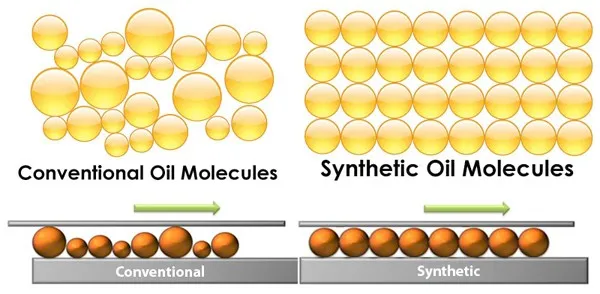
Even though a vehicle may have not reached it service interval for a oil change, it is recommended to at least change engine oil every 6 months. A good rule of thumb would be every winter and every summer. The main reason behind this is engines are not 100% sealed and metal will attract moisture. This is why when you check a dipstick or fill cap after a car has been sitting for a long period of time there is milky/ chocolate substance on the fill cap or very bottom of dipstick. Water should never mix with oil.
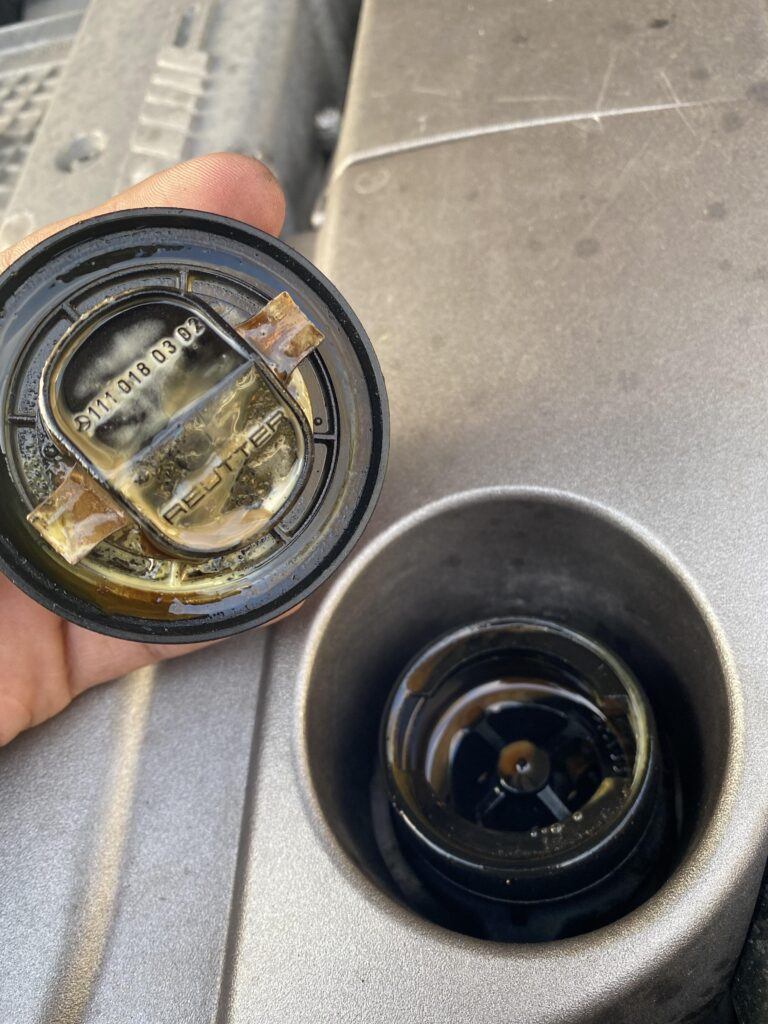
The main cause of dark/black engine oil is soot. This is caused by a incomplete combustion cycle, such as worn out spark plugs, a bad/ unchanged oil filter, dark oil additives, stuck open injector, incorrect timing, etc. If your vehicle’s fuel is gasoline and turning black instantly it would more than likely need a diagnosis to see what the problem is.
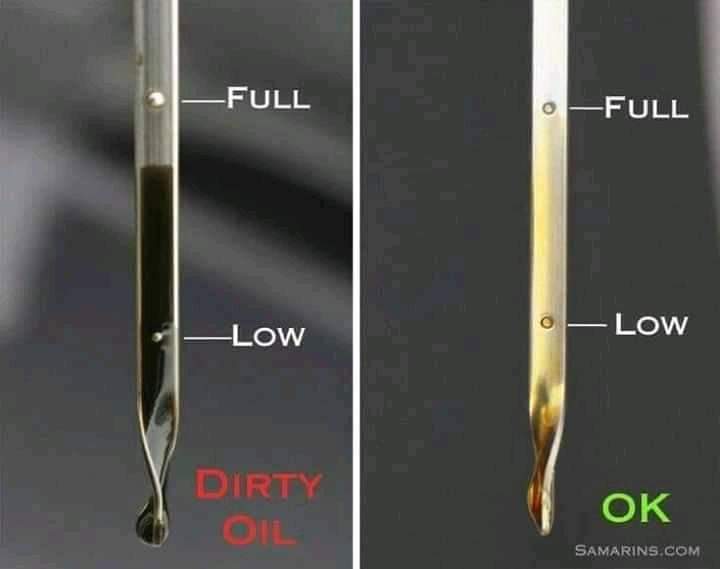
Were are you located!
Located at 120 Bryan road Wilmington NC